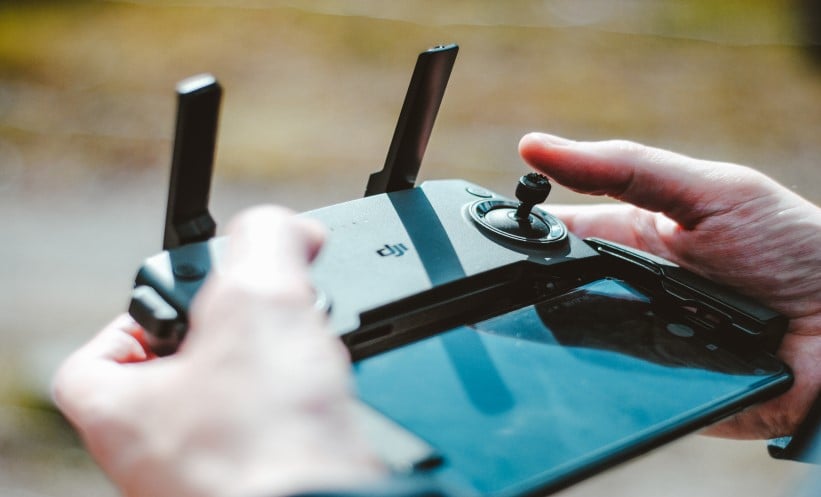ROBOTICS guidance for colonoscopy may not be far away, following progress in the development of a semi-autonomous procedure. After 12 years of international collaboration, researchers at the University of Leeds, Leeds, UK, have developed a device and a system of use to support robotic assistance in colonoscopy.
The breakthrough research has progressed development that had been previously frustrated by difficulties posed by wielding a robotic arm to control a traditional colonoscope. The researchers developed a magnetic flexible colonoscope, where a smaller, capsule-shaped device is inserted into the patient and externally manoeuvred via a robotic arm using magnetic forces to propel the movement of the capsule device. Guidance of the robotic arm can be performed manually but is difficult to master, so researchers went on to develop artificial intelligence (AI) programmes to improve the ease of performance.
The research team conducted trials of varying levels of robotic assistance: no assistance, where the operator had direct robotic control via joystick; intelligent endoscope teleoperation, where the operator directed the capsule to sites of focus in the colon and the AI calculated the necessary movements of the robotic arm to align with this direction; and semi-autonomous navigation, where the robotic system navigated the colon autonomously but could be overridden by the operator. In the laboratory trial of 10 non-expert operators, 58% of attempts using direct robot control (no assistance) successfully navigated to a predetermined site within the colon within 20 minutes, compared to 96% of attempts using intelligent endoscope teleoperation and 100% using semi-autonomous navigation.
Dr James Martin, University of Leeds, highlighted the value of overcoming difficulties in manoeuvring robotics: “We have demonstrated for the first time that it is possible to offload that function to the robotic system, leaving the operator to think about the clinical task they are undertaking – and it is making a measurable difference in human performance.” The research team is hopeful that the strategy could allow for wider access to colonoscopy in areas where there are fewer expert operators. Dr Bruno Scaglioni, University of Leeds, explained: “Robot-assisted colonoscopy has the potential to revolutionise the way the procedure is carried out. It means people conducting the examination do not need to be experts in manipulating the device. That will hopefully make the technique more widely available, where it could be offered in clinics and health centres rather than hospitals.”








